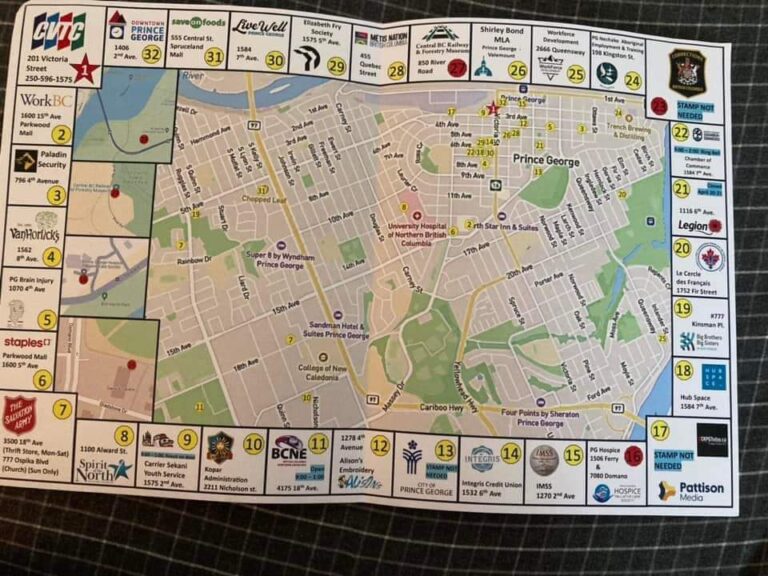Many types of programs in university, college, and certainly in our school, have what are called practicums which are tied to completion of a given program. They are particularly common in healthcare and education, but they can come up in other programs as well. Also known as internships, work experience, or work placement programs, these are built in parts of the program that are meant to give real world experience in the field. You don’t (generally) get paid for them, but they are an integral part of graduating from a program.
Aside from getting to walk the stage come graduation though, what other benefits come with taking part in a practicum? It can sometimes feel like you’re just getting taken advantage of for free labor after all! How can you make the most out of a practicum to get all the benefits?
Work Experience
Obviously, the first thing people think of when they think of practicums is work experience. And that is one of the main goals of the whole thing. Practicums give you real world experience working alongside people who have been in your industry for a while. You aren’t there to displace anyone (unless you’re getting paid), but you get to learn with boots on the ground and see theories you’ve learned in class come to life in the workplace. This also lets you better fine tune whether the job you are looking at is one you actually want to have or whether you would rather look elsewhere.
Practicums also let you get some work experience you can put straight on your resume. Some jobs require you to have experience before you even start working, such as archaeology which, unless you want to start out at the very bottom hauling buckets of dirt around, usually wants you to have some field experience which you can get in field schools while you learn. By getting this experience while in school, you have a bit of a leg up when it comes to the actual job search over candidates who couldn’t be bothered.
Networking
The hidden job market is the best way to get solid leads on jobs, but it’s hidden, so you have to do some actual work getting to know the right people in order to access it. Doing a practicum lets you get a good start on that work, putting you in contact with people in the field, supervisors, and others who might be able to then give a lead on open positions. It’s important therefore to treat practicums the same way you would a full paying job: show up on time, every time, do you best work, ask plenty of questions, and be ready to get stuck in with everyone else. Making a good impression while on the practicum makes it far more likely you’ll be extended a job offer in the future. It also means you have some good references for your job interviews later!
Honing Your Skills
There is a massive difference between learning about an industry through books, workshops, and discussions and actually doing the job. There are plenty of things which come with jobs that just aren’t talked about in the classroom simply because there’s no way to do it where it would work. By taking your skills on the job site, you can learn a lot more about how the job actually works, what more you need to learn, and how people do their job. You can also get feedback, ask lots of questions, take a few risks, and generally get the most out of the experience without worrying about getting fired. This also gives you mor confidence so that when you hit your first full paying job, you’ll feel better doing the work.
Much Easier Job Search
Many practicums result in a job directly after graduation because employers like to hire within and they will already have a good idea of how you work. They’ll also know what you have already been trained to do and what you were good at doing, so there’s not at much of an uncertain flurry in the first few weeks.
Even if you don’t get a job offer right away, the odds of getting one down the road definitely improve when you are on a practicum with a company.
There’s a little controversy around practicums and internships, namely in that it’s far too easy for employers to simply use students as unpaid employees which means a lot of work and no real pay off. But when they are properly done, as many, many of our business partners have done, they are highly beneficial for both the students and the business or organization – plus they have often resulted in job offers! If you have a program that has a practicum, work experience, field school or other on the job learning component, take full advantage of it. It may just what you needed to launch your new career.

